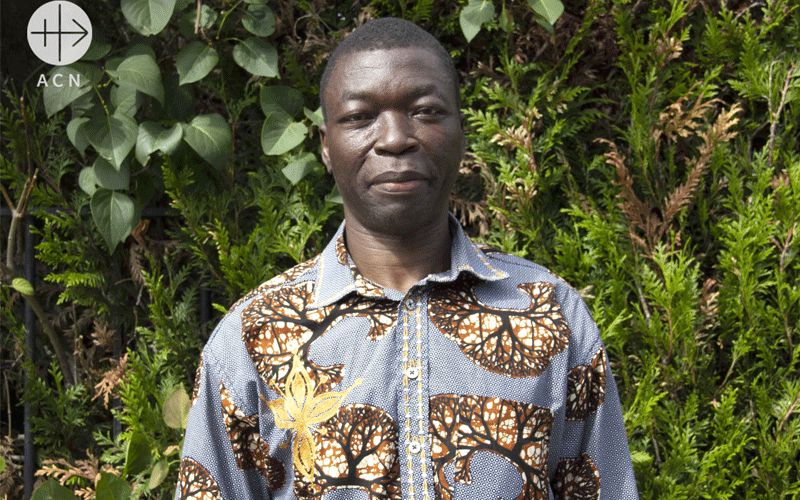N'Djamena, 20 September, 2020 / 7:50 pm (ACI Africa).
A Priest from Chad studying in France has, in an interview with Aid to the Church in Need (ACN) International, explained the status of Christianity in general and the Catholic Church in particular in his native country where Christians are often under pressure to convert to Islam, the dominant religion.
“Our Church is not even 100 years old yet and, like the country as a whole, it is young and dynamic, with many baptisms,” Fr. Léandre Mbaydeyo says in the interview with Thomas Oswald of ACN.
However, Fr. Léandre, a member of the Clergy of Chad’s N’Djamena Archdiocese adds in the interview shared with ACI Africa Wednesday, September 16, “There is a shortage of priestly vocations. For many young men it is too many years of study for too little return.”
The fifth largest country in Africa, Chad has an estimated population of 15.48 million people.
According to the country’s 2009 census report, 58 percent of the population are Muslims, 18 percent Roman Catholic, 16 percent Protestant, and the remaining 8 percent adherents of indigenous religious beliefs such as animism.








